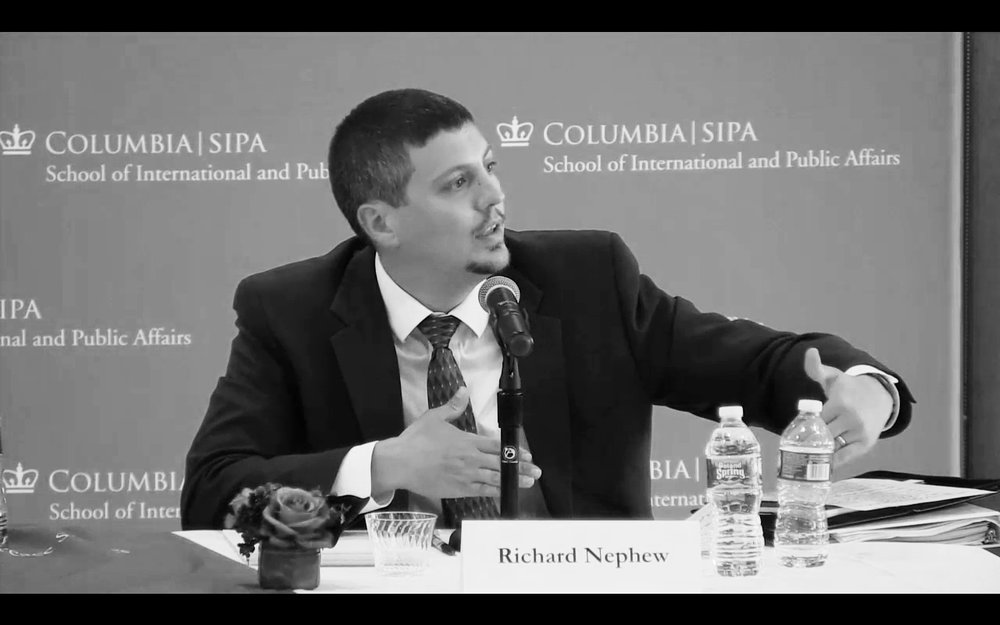Ex-White House expert: U.S. reputation at risk in IAEA

TEHRAN - Unnecessary demands on Iran by Donald Trump's administration have put the reputation of the U.S. at risk at the International Atomic Energy Agency, a former White House expert has said.
The remarks by Richard Nephew came after the UN nuclear watchdog released its new quarterly report on Iran’s nuclear program on Thursday. The report said that Iran has remained within key limits on its nuclear activities based on the 2015 nuclear deal, internationally recognized as the Joint Comprehensive Plan of Action (JCPOA).
It was the third report since Donald Trump took the helm at the White House in January 2017.
The report was released one week after Nikki Haley, the U.S. ambassador the United Nations, visited the IAEA headquarters in Vienna to press the UN body to seek access to Iran's military sites, a demand falling outside the mechanism clarified in the JCPOA when a question arises about the commitment of a party to the deal.
Iranian Foreign Minister Mohammad Javad Zarif said on Saturday that the “degree of monitoring” is clearly obvious in the JCPOA.
“Important story. US pressure or not, UN nuclear watchdog sees no need to check Iran military sites,” Nephew wrote on his tweeter page, IRNA reported on Saturday.
Nephew was the White House sanctions expert on Iran during the Barack Obama administration.
“A really sad aspect of this whole debacle in waiting is that the United States has spent the best part of 15 years repairing its rep with the IAEA and others when it comes to issues like nuclear intelligence,” Nephew added.
Trump, who during his election campaigns vowed to tear up the multilateral deal, has assigned a team of his close confidants to invent a pretext to find Iran non-compliant to the nuclear deal in order justify U.S. withdrawal from the agreement which has been endorsed by the UN Security Council.
Nephew, now a senior research scholar at the Center on Global Energy Policy at Columbia University, went on to say that “this was not an easy thing to do. Restoring credibility and trust on these matters took time, consistent accuracy and humility.”
He added, “To see it all go to hell and for no good reason is upsetting.”
Nephew also warned that in future cases when credibility is needed, the U.S. would be disappointed.
After Haley’s visit to Vienna, Western and IAEA officials said the Trump administration has no evidence to prove suspicious nuclear activity in Iranian military sites.
“Haley is not reported to have presented any new evidence about suspicious activity at any Iranian site, nor named any military base she believes should be investigated,” according to the Guardian.
Nephew's warning is not the only one about Trump's approach towards the deal. Experts have already warned about the consequences of attempts by the Trump administration to provoke international bodies to play down Iran's commitment to the nuclear agreement.
Former CIA official David Cohen had recently warned that politicizing the “international open source information” by Washington would undermine the utility of such reports, referring to Trump’s attempts to kill the nuclear deal.
NA/PA
